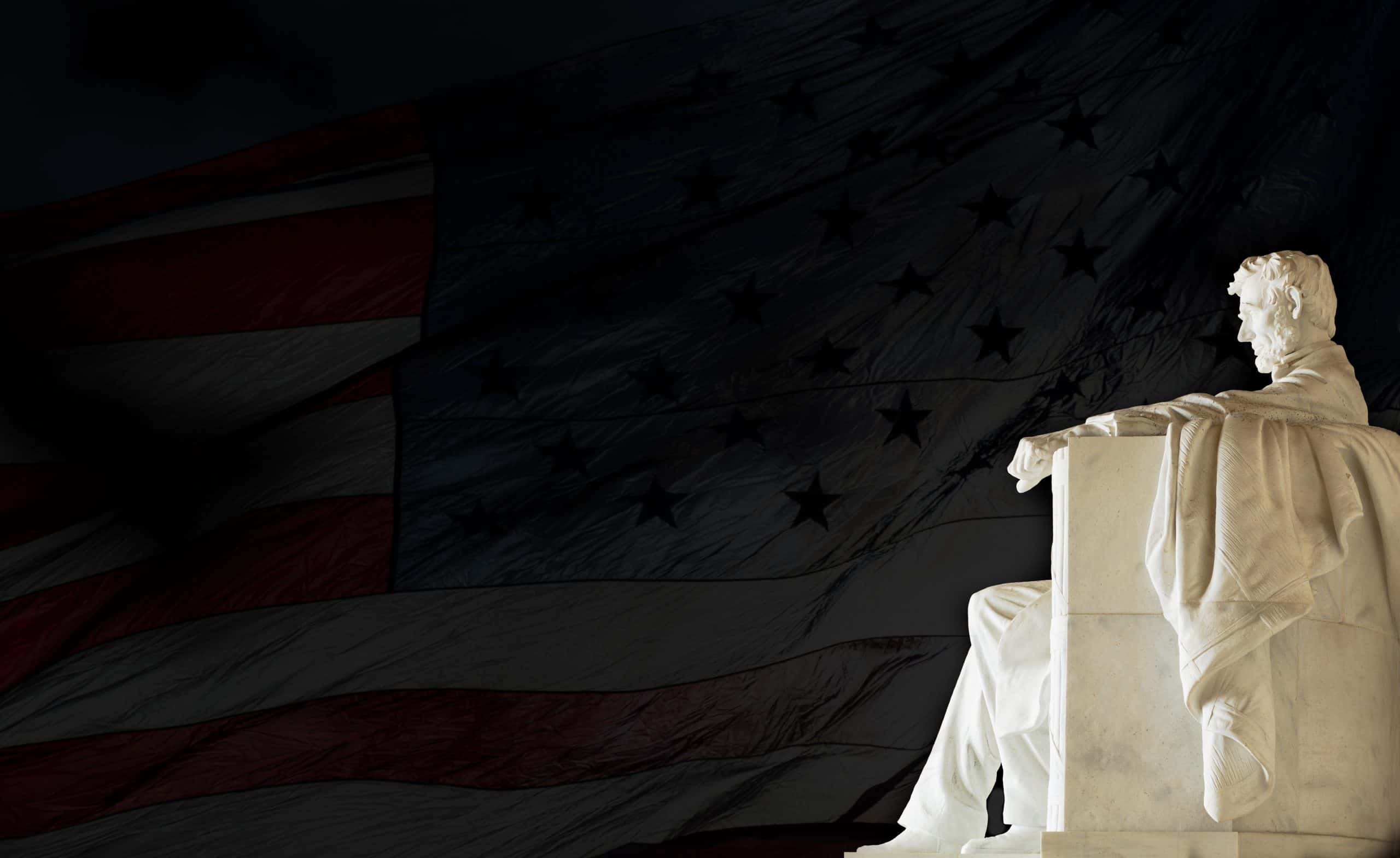
It is an astute person who studies history and applies the lessons learned to their present-day life as a method for preventing the completely avoidable mistakes that plague many. I hope that these brief examinations into the lives of George Washington and Abraham Lincoln will help you become a better and more effective leader.
If I were to take a casual poll asking readers to name our two greatest Presidents it would not shock me at all if Washington and Lincoln would show very well among their peers. However, what I find so interesting in comparing and contrasting these two great men is that while they were both men of staunch character, willing to do the right thing regardless of opposition or public opinion, they were also men who rose to their place in history by taking very different paths.
Washington was seemingly blessed with success at every turn, while Lincoln failed much more often than he succeeded during his lifetime. Even during Washington’s early years where he was often considered to be brash and impetuous, he was nonetheless considered a bright light and incredibly successful for his age. He was always seeking out positions of leadership and responsibility and was rarely met with any setbacks to speak of. By contrast, for the majority of Lincoln’s life, he was largely regarded as a person of little consequence if he was regarded at all. While he sought positions of leadership and responsibility, he was met with continuous challenges and defeats. Interestingly enough, many of Lincoln’s perceived successes ended in failure.
Simply put, Abraham Lincoln is one of the most inspirational case studies in examining the leadership traits of persistence, commitment, determination, passion, conviction, and overcoming failure. There is perhaps no greater lesson the world can offer in overcoming failures and understanding the value of persistence than what can be learned from looking at the life of Abraham Lincoln. Born into poverty, Mr. Lincoln was faced with defeat throughout most of his life. He twice failed in business, lost eight different elections and suffered a nervous breakdown.
It was, in fact, Abraham Lincoln who later said: “My great concern is not whether you have failed, but whether you are content with your failure.” Lincoln was obviously someone who was more focused on pursuing his goals than being guided by a fear of public opinion or of failure. Thomas Edison failed more than 1000 times before he successfully invented the light bulb and he was later quoted as saying: “Many of life’s failures are men who did not realize how close they were to success when they gave up.”
The bottom line is that great leaders are not easily deterred. While most professionals don’t naturally associate the words “success” and “failure” as having anything to do with one another, under the right circumstances failure is absolutely the best experiential learning tool available. In fact, I would go so far as to say failure is an essential element of becoming successful. You can easily validate this premise by placing any individual under the scrutiny of the following litmus test…if you show me a professional who has never experienced failure I’ll say that person is likely an underachiever who either hasn’t tried hard enough or is very new to the world of business. Great leaders don’t fear failure, rather they fear the loss of what could have been achieved had they not had the courage to press on.
This website uses cookies.